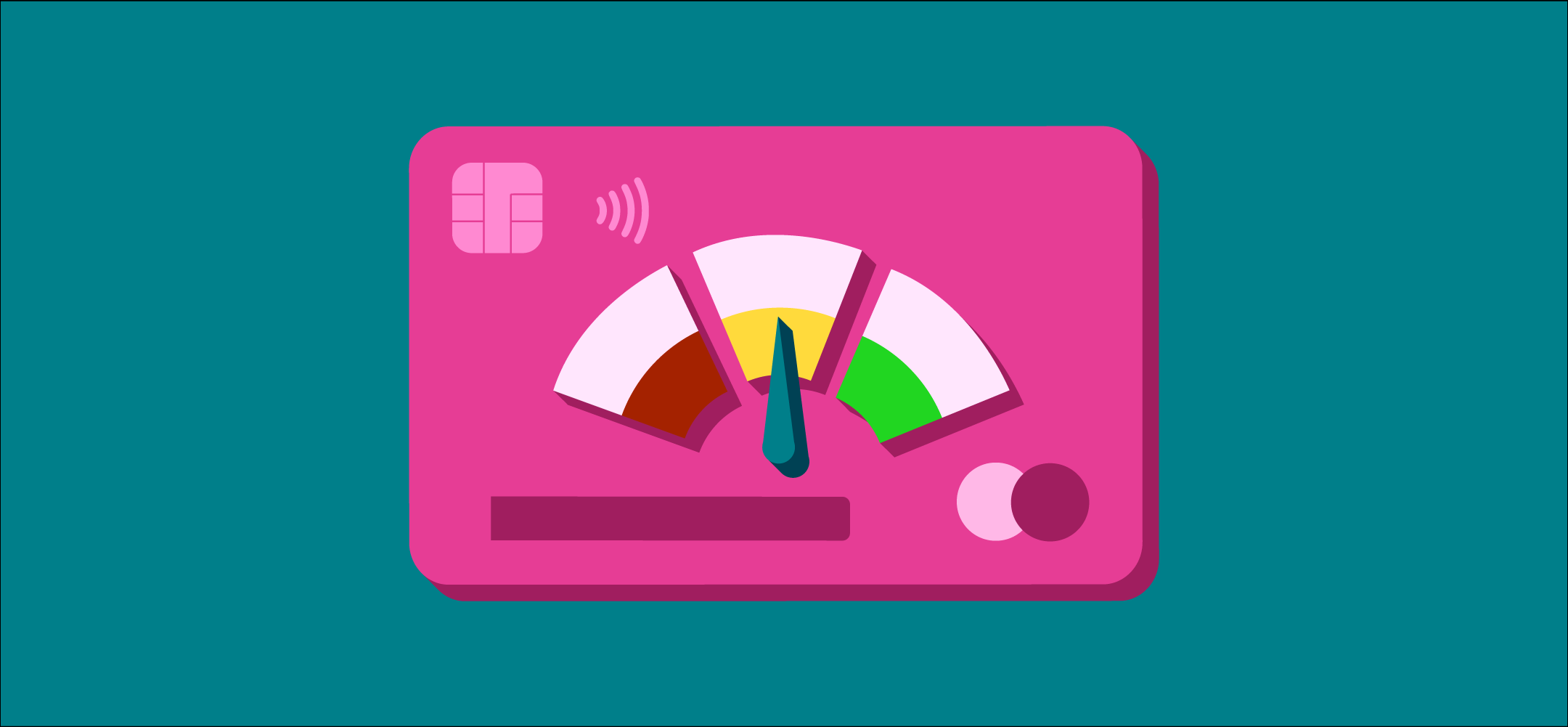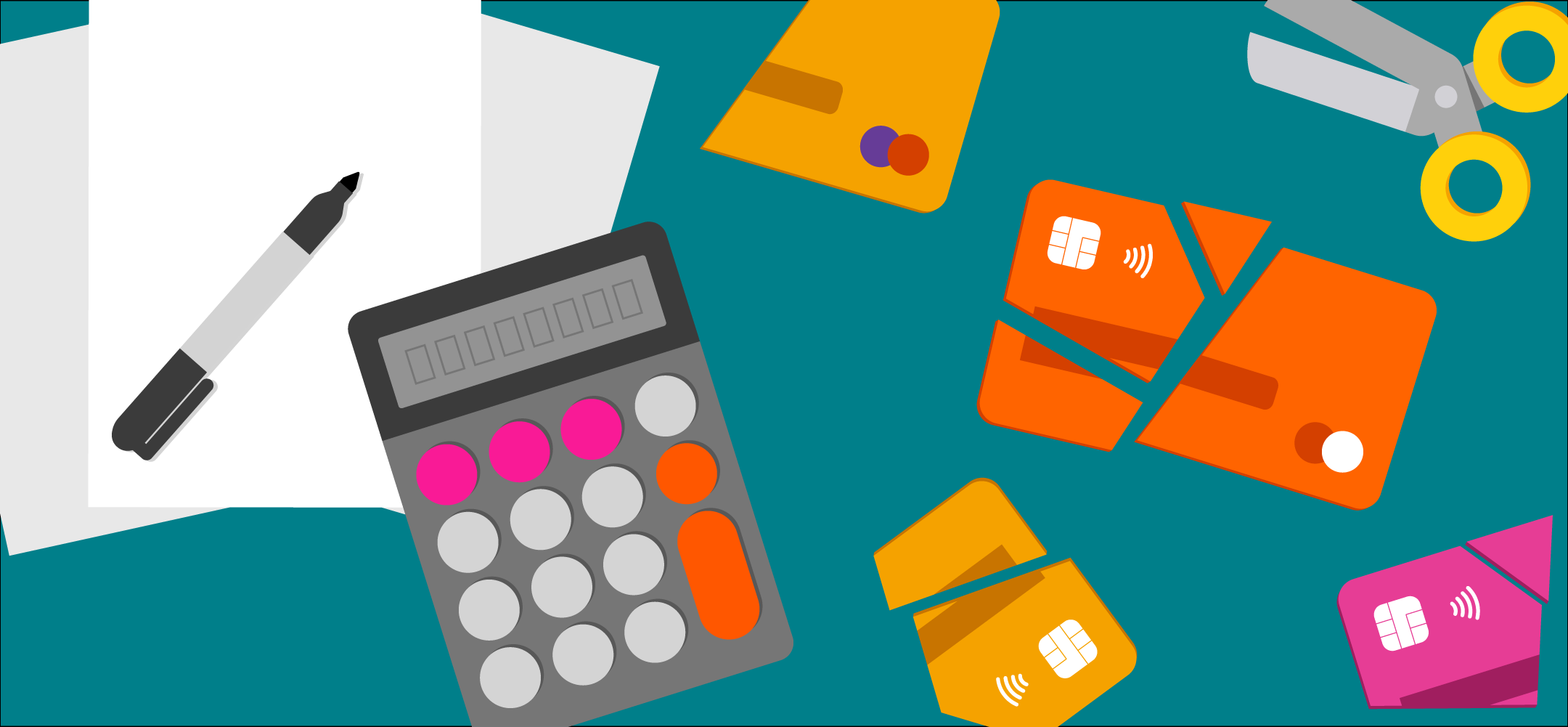Have you ever felt too embarrassed to ask a personal finance question in fear of looking silly for not knowing the answer? We’ve all been there. So many people have the same personal finance questions, so don’t feel like you are the only one.
Remember there are no stupid questions, only unasked ones. So ask away!
1. APR vs Interest Rate – What is the difference?
Interest is the cost of borrowing (also the bonus for saving, but that’s a whole other conversation).
The interest rate is how this cost is calculated, as a percentage of what you borrowed. Each month that the money you borrowed isn’t paid back, it will attract interest.
Interest may not be the only cost as it doesn’t reflect any other charges or fees you may have to pay for the loan.
Annual Percentage Rate (APR) is the annual cost of borrowing the money on a credit card or loan, including fees such as an application or annual fee. The APR reflects the true cost of borrowing, which is why it is often higher than the interest rate.
The higher the APR, the more interest is applied to your borrowing the longer it will take to pay off your card balance and likely the more interest you will end up paying.
Why is the APR important in selecting a credit card? Well the APR can help you determine if you’re getting a good deal and allows you to compare different options.

2. What is a credit score? What are the benefits of having a good credit score?
A credit score is a number, calculated by a credit agency, that gives a lender an indication of how “risky” you are as a borrower. This allows the lender to determine, based on their own criteria, how likely you will be to pay back the money you borrow.
There are a number of different providers of credit scores, each uses its own scale of measurement so your credit score may be different depending on which provider you use.
Maintaining a good credit score is important because the terms on which you are able to borrow cash from a lender, such as a high-street bank, or a mobile phone provider, are impacted by your credit score.
Having a good credit score comes with a number of long term benefits, including:
-
- The ability to negotiate lower interest rates on credit cards and loans. Also a higher credit score will increase, but not guarantee, your chances of being approved for a broader range of credit cards and loans, such as a mortgage.
- Lower insurance rates as better credit score puts you in a better negotiating position regarding different insurance products.
- Having demonstrated that you are responsible with money is likely to lead banks to raise your credit limit, increasing the amount of credit that you are able to borrow.
- Easier approval on rental properties as an increasing number of landlords use credit reports to pre-screen prospective tenants.

3. Financial advice always says “start a budget”. But how do I start one?
Budgeting simply put means keeping track of what’s coming in and what’s going out.
If you’ve not created or managed a budget before, you’ll be wondering what you’re meant to do and what sort of things you’re supposed to focus on. It’s not too tricky — here are some pointers:
- Money coming in — How much are you making? Could you be making more, and if so how? Are there scholarships and bursaries to look at? Extra work you could pick up? Assistance you could ask for from your family?
- Money going out — How much are you spending? Could you make any changes so you’re spending less? Are there any expenses you can reduce or cut entirely?
- Money tracking — When are you spending your money? Do you have recurring expenses like bills, rent, or a weekly grocery shop? Are you tracking your income and expenses so you have enough for when you need it?
- Money expectations vs. Money reality — Are you finding yourself overspending on your food budget, or facing too many unexpected expenses? How could you change your behaviour or circumstances so your reality matches your expectations?
If you’ve never managed a budget before, you’re probably wondering where to begin. Here’s a helpful template that can get you started — we’re not saying it’s the best approach, by any means, but it’s a simple way for you to get familiar with tracking your income, your expenses, and making sure it all balances.
Further reading:
- Top 10 Money Tips – Read on to discover how you can break bad spending habits and create new good money habits. How to manage money effectively, know where your money is going, create a budget, and pay yourself first.
- The Budget Decision Tree – A step by step decision tree to help to examine your income and expenses and put a plan in place to balance them – or ideally have more income than expenses!

